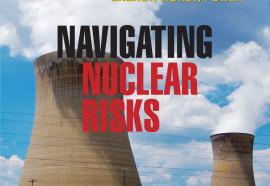People
Northeast Utilities appointed Leon J. Olivier as executive vice president-chief operating officer. Calpine named Todd W. Filsinger interim chief operating officer. PJM Interconnection promoted Andrew Ott to senior vice president-markets. And others...







